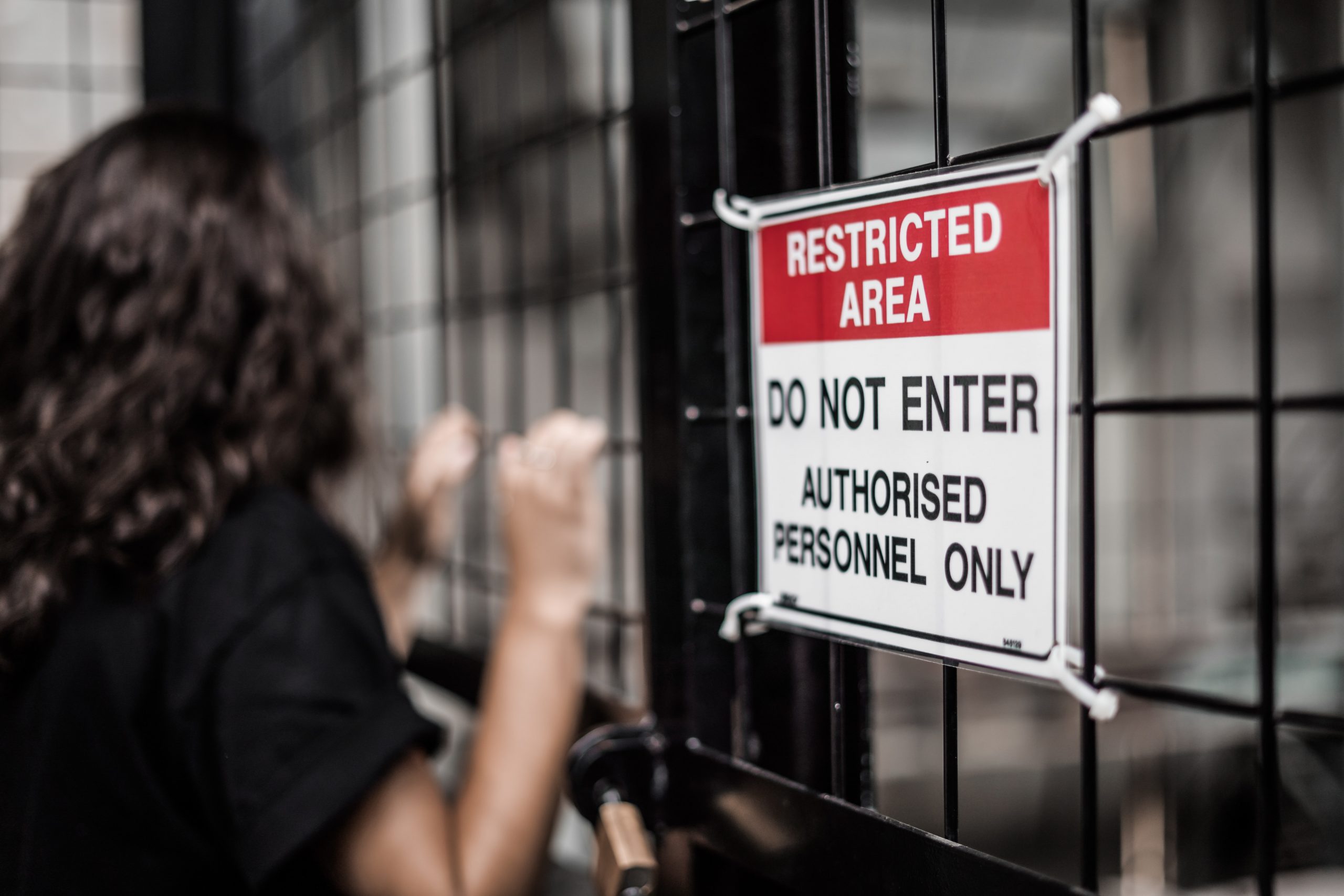Calls have been growing for EU countries to take in refugees as fears grow that overcrowded facilities could lead to a healthcare crisis
The fear of an outbreak of coronavirus in Greece’s overcrowded, unsanitary and ill-equipped refugee camps has loomed for months as the pandemic has spread around the world, and international aid organisations, human rights groups and doctors have called for governments to take action to prevent a medical catastrophe.
An outbreak of Covid-19 at two reception centres in Malakasa and Ritsona near the city of Athens has created a new urgency and intensified concerns for the estimated 36,000 men, women and children housed on the Aegean islands of Lesbos, Samos, Chios, Leros and Kos where refugee camps are reportedly six times over capacity meaning social distancing and other precautionary measures are impossible to implement. It is generally felt that facilities on the mainland are managed better than the camps located offshore.
An online petition has been created urging EU leaders to evacuate the refugees to the mainland to safety. Since its launch, more than 35,000 European health workers and other citizens including 6,000 European doctors have signed the appeal which calls on EU governments to comply with an accord struck with Turkey in 2016 under which each member state agreed to take in a fixed number of refugees. The doctors cite a lack of access to testing, medical facilities and basic services, including water stations and taps, as many of the factors that place migrants as a severe disadvantage.
According to the authorities, as many of those inhabiting the camps are under the age of 40, there are hopes that many persons will be asymptomatic and recovery rates will be high.
The pandemic has effectively stopped the voluntary return of migrants under a EU-funded scheme that was announced last month and asylum services are severely taxed. The UN refugee agency has advised that for the year to date about 10,000 asylum seekers have been moved from the islands to the mainland and plans are in place to transfer another 600 people, including 300 elderly refugees and their dependents, to various hotels in Athens.




